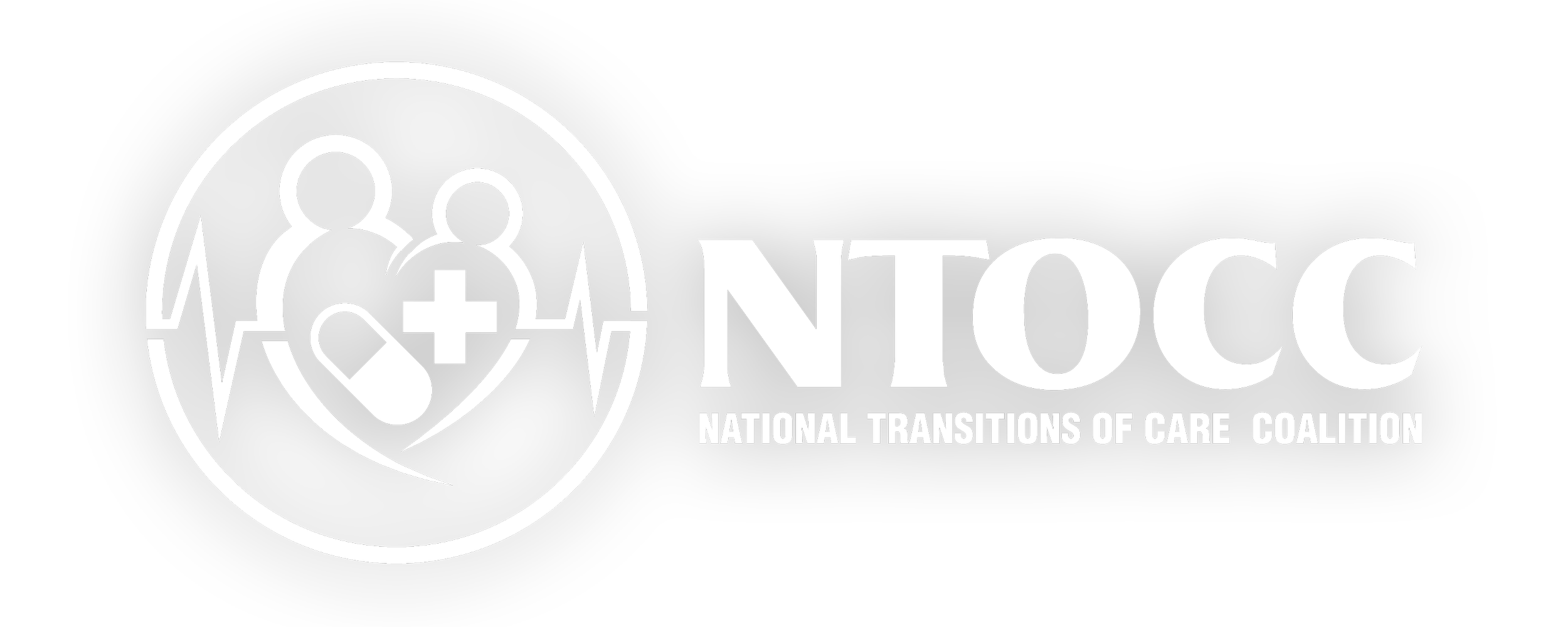Advancing Case Management’s Health Equity Pillars for Serious Illness (HEP-SI)
Presented by
Dr. Ellen Fink-Samnick
DBH, MSW, LCSW, ACSW, CCM, CCTP, FCM
Health equity is an integral factor of any quality healthcare equation. This theme is equally powerful in the end-of-life, or serious illness space. Timely palliative and hospice referrals are delayed by ongoing misconceptions of their intent by patients and practitioners. Cultural competence impacts ethical conversations by case managers about patient autonomy, prognosis, and quality of life. Implicit biases impede effective pain management across ethnicity, gender, and race, among other groups. Further barriers to care access for minoritized and marginalized populations are amplified by their lack of access to clinical trials, which adds another obstacle to advancing appropriate care. ‘Patient-centric care’ is no longer enough. Every patient and family should feel safe, seen, heard, and valued, and through every touchpoint of care. Yet, achieving this reality is case management’s latest challenge.
Learn how Case Management’s Health Equity Pillars for Serious Illness (HEP-SI) fuse clinical guidelines, accreditation and other regulatory requirements to expand your practice. Ensure ethical and compliance balance amid the ongoing health equity evolution. Advance your practice approach from “Patient-centric” to “Patient-inclusive”.
Behavioral Learning Objectives:
Attendees of this presentation will be able to:
Explore the intersections between health equity, social determinants of health, and serious illness.
Apply case management’s Health Equity Pillars for Serious Illness (HEP-SI) to their practice population.
Cite case management’s established resources of guidance (e.g., professional regulations, accreditation standards, clinical guidelines, standards of practice, ethical codes).
Dr. Ellen Fink-Samnick is an award-winning industry entrepreneur who empowers healthcare's interprofessional workforce. She is known as Professional Case Management’s Ethical Compass, and for her work in Health Equity, Integrated Care, Interprofessional Teams, Professional Case Management, Quality, and Trauma-informed Leadership. Dr. Fink-Samnick is the author of 5 books, including her recent publicationThe Ethical Case Manager: Tools and Tactics. Her 6th title, Behavioral Health for Case Management, will be published by the Case Management Institute and Blue Bayou press in January 2025. She is also editing her first book, Integrated Behavioral Health: Applying the Biodyne Model in Healthcare, to be published by Routledge in January 2026.
Dr. Fink-Samnick has a Doctorate in Behavioral Health with specialization in Health Equity, Integrated Care, Quality, Leadership, and Trauma-Informed Practice. She is a Licensed Clinical Social Worker, Board-certified Case Manager, and Certified Clinical Trauma Professional. Dr. Fink-Samnick is a Fellow in Case Management through the Case Management Society of America, a Fellow for RISE Association, and member of the academic honor society, Delta Epsilon Tau.
Dr. Fink-Samnick serves the industry through assorted roles with academic appointments at Cummings Graduate Institute of Behavioral Health Studies and George Mason University’s College of Public Health. Dr. Fink-Samnick is moderator of Ellen’s Ethical Lens on LinkedIn and author of the blog, Ellen’s Interprofessional Insights. She is a consultant for the Case Management Institute and a moderator for their Case Managers Community. Dr. Fink-Samnick is Editor of the Heartbeat of Case Management Column for Wolters Kluwer’s Professional Case Management Journal, and member of the journal’s editorial advisory board.
Dr. Fink-Samnick is known for her fierce professional voice. Along with leadership and committee roles across credentialing entities and professional associations, she has shared her expertise withAHIMA’s Data for Better Health Initiative, The Gravity Project, the Coalition for Social Work and Health, and RISE Association. Dr. Fink-Samnick currently serves on the national board of directors for the National Transitions of Care Coalition and is current Vice-Chair of CMSA’s Diversity, Equity, Inclusion, and Belonging Core Committee. Further information is available on her LinkedIn Profile.
